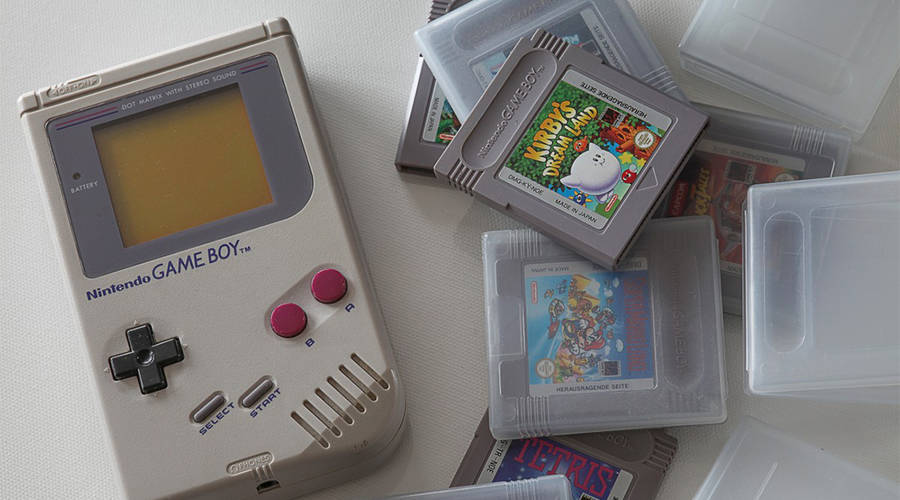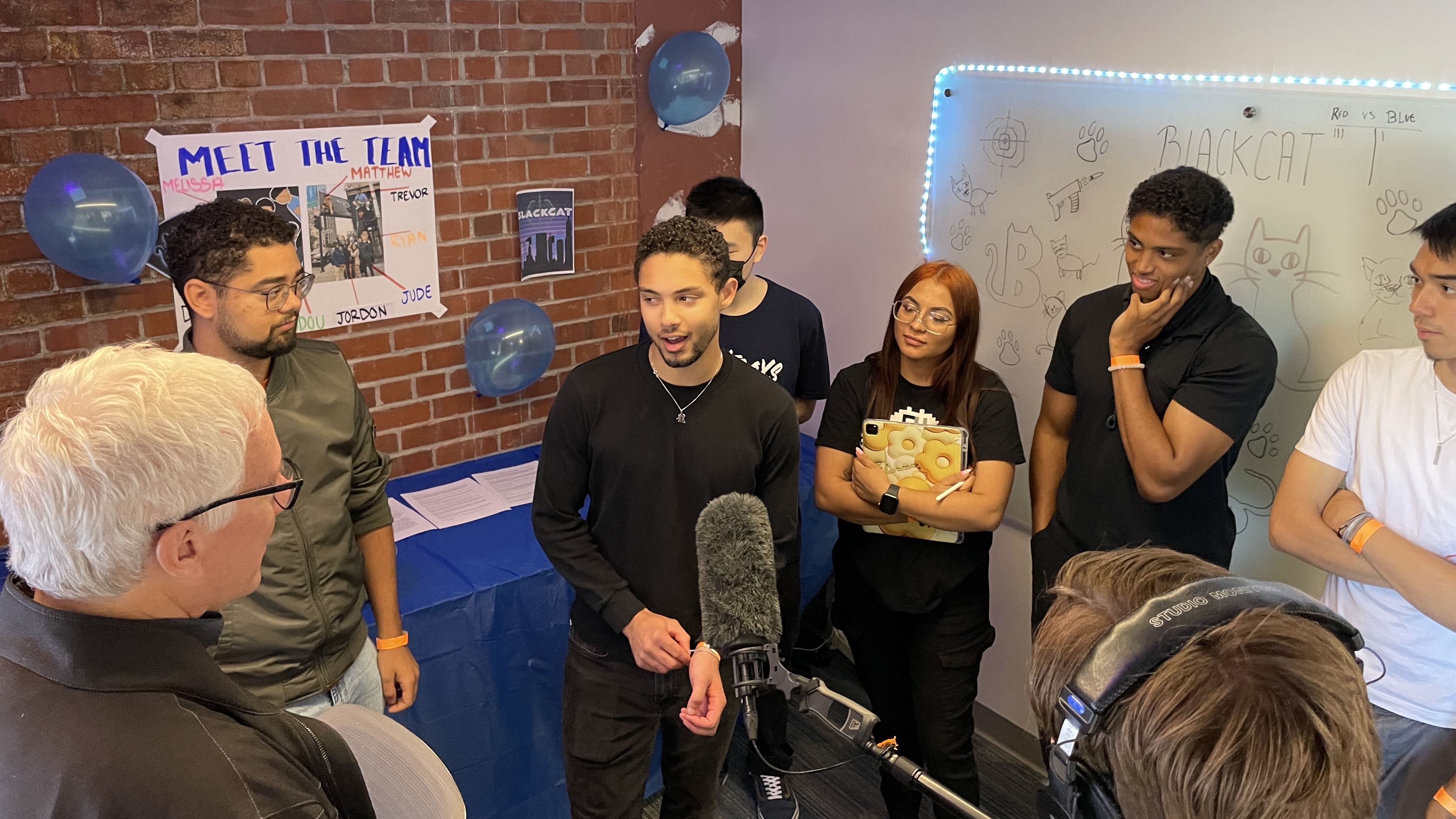
Gaming to ease mental and emotional health problems
Gaming to ease mental and emotional health problems

When a concussion left author and game designer Jane McGonigal bedridden, she turned to games to help her recover.
“It started as a game which I invented when I was healing from a mild, traumatic brain injury, and I decided to use everything I knew about the psychology of games to try to help me with the depression, anxiety and social isolation that comes from being concussed.”
Afterwards, she blogged about the game she created. People with varying mental and emotional problems started trying McGonigal’s game, and it quickly became popular.
“I’m not a brilliant person who invented a miracle cure. I’m just an ordinary game designer, who, of course, did all the things any game designer would do, and it just so happens that psychology of games is really supportive of tackling tough challenges in a way that makes you get better.”
She says that her game works because “gameful thinking is really about facing challenges with a focus on positive outcomes. You are always thinking about ‘what can I do today to increase the likelihood of a successful outcome?’ It’s very goal oriented.”
By the end of the book, you are basically a master game designer yourself. Because really, “SuperBetter,” it’s not a game that you play, it’s learning how to game design your own life. For example, you learn how to collect and activate power-ups. Power-ups in a video game are things that make you stronger, faster … and in daily life, it can be hard, especially when you’re going through a challenge, to take the time to do things that are actually going to impact you positively. So that’s just a way you can look at the world around you: “How can I find a power-up just in this moment?”
Jane McGonigal (Photo credit: Kiyash Monsef)
McGonigal is hopeful that finding ways to integrate games into everyday life will continue to help people in the future. “I was finding an incredible range for uses of games in treating mental health … I am certain that games will become a primary means for helping with anxiety, depression, chronic pain and traumatic brain injury.”
Check out an excerpt from the book below:
There’s a lot happening in the world. Through it all, Marketplace is here for you.
You rely on Marketplace to break down the world’s events and tell you how it affects you in a fact-based, approachable way. We rely on your financial support to keep making that possible.
Your donation today powers the independent journalism that you rely on. For just $5/month, you can help sustain Marketplace so we can keep reporting on the things that matter to you.


















